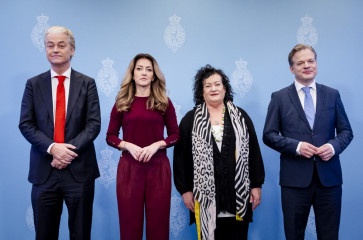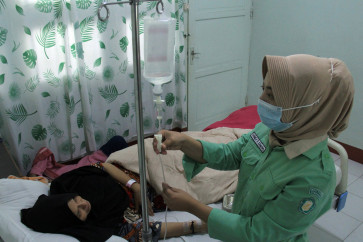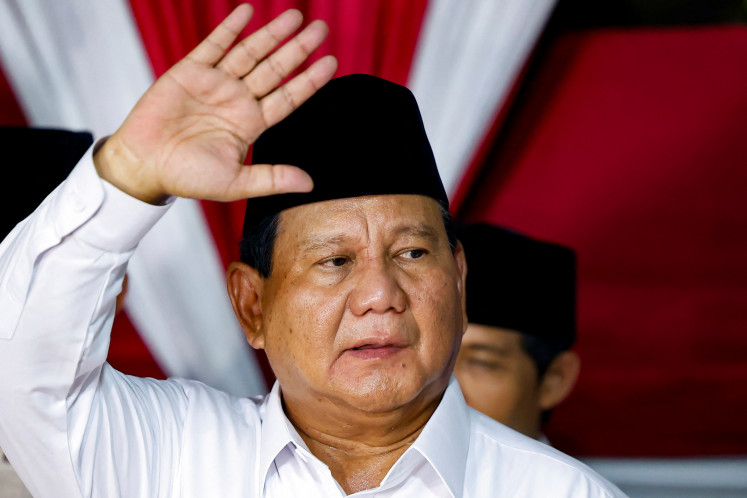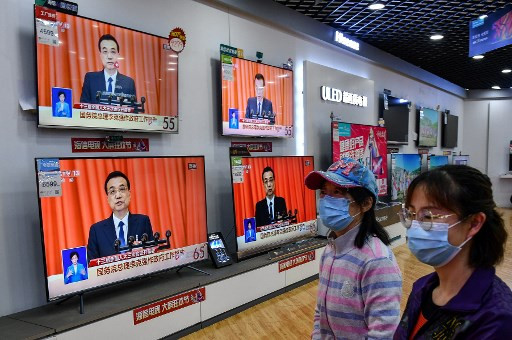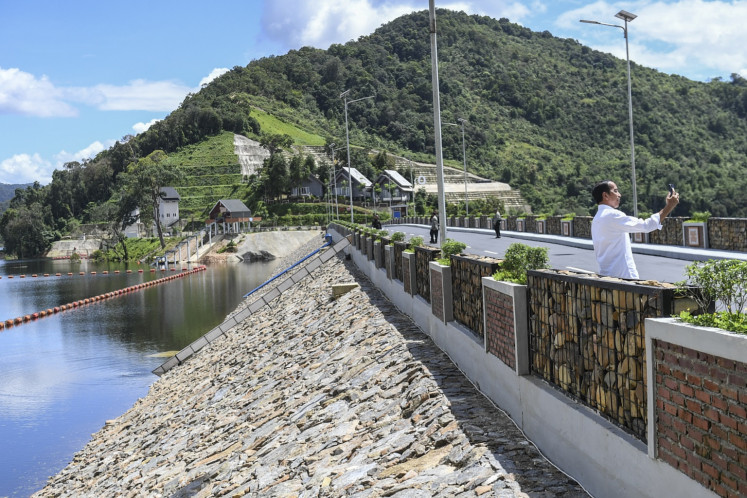Sri Lankan PM warns against return to divisive politics
Ranil Wickremesinghe (AFP/Ishara S
Change Size
 Sri Lanka: Ranil Wickremesinghe (AFP/Ishara S. Kodikara) (AFP/Ishara S. Kodikara)
Sri Lanka: Ranil Wickremesinghe (AFP/Ishara S. Kodikara) (AFP/Ishara S. Kodikara)
Ranil Wickremesinghe (AFP/Ishara S. Kodikara)
Prime Minister Ranil Wickremesinghe urged Sri Lanka's parties Wednesday to work together as he began forming a new government backed by minority Tamils after a surge in support for his reform-driven agenda in parliamentary elections.
Wickremesinghe's United National Party (UNP) more than doubled its seats in parliament in Monday's polls, easily beating the party of Mahinda Rajapakse and dashing the former president's hopes of returning to power.
Speaking to reporters Wednesday, Wickremesinghe called for unity in a country still riven by the scars of a decades-long civil war that pitted Tamil separatists against the army.
"I want everyone to come together now, think of the country, think of the people," he said on the lawns of his official residence in Colombo.
"We can achieve unity in this country... I don't think anyone can opt out. No one can go back to divisive politics. We will not allow that."
He will be sworn in as prime minister this week after his UNP won 106 seats in the 225-member house, up from about 40 in the previous election.
The number falls short of a majority, but a pledge of "issue-based" support from the Tamil National Alliance (TNA), which holds the balance of power with 16 seats, will allow the party to carry out promised political and economic reforms.
"We will sit in the opposition but extend support to the government," TNA lawmaker Dharmalingam Sithadthan told AFP Wednesday.
"It will be issue-based support, but we think we can work with the prime minister."
He also has the backing of one more MP from the Sri Lanka Muslim Congress party.
President Maithripala Sirisena, who won a surprise victory over Rajapakse in a Jan. 8 presidential election, had appointed Wickremesinghe as the head of a minority government after that poll.
Sirisena wants to reverse many of the constitutional changes brought in by Rajapakse which gave huge powers to the president. But his reform efforts had been frustrated in parliament by loyalist Rajapakse lawmakers.
Wickremesinghe wants to establish independent commissions to run the police, the public service and the judiciary and transfer much of his executive powers to parliament.
Rajapakse, whose United People's Freedom Alliance (UPFA) came second in Monday's poll with 95 seats, will sit on the opposition benches after conceding Tuesday that his "dream of becoming prime minister has faded away".
In a statement on Wednesday, Rajapakse congratulated the premier, saying "I accept with humility the result of the parliamentary election".
"I will continue to engage in politics in keeping with the people's mandate," he added.
The defeat of Rajapakse's UPFA has deepened rifts between those loyal to him and supporters of Sirisena, the nominal head of the party. A UPFA source said he feared several MPs were already in negotiations to defect from the fractured opposition to the government in exchange for portfolios.
Wickremesinghe's UNP has said it will investigate allegations that some 40,000 Tamils were killed by government forces under Rajapakse's command in 2009 during the final stages of the war against Tamil separatists.
Rajapakse has long insisted not a single civilian was killed by security forces and resisted international calls for an independent investigation.
The 69-year-old remains hugely popular among large sections of the majority Sinhalese community for presiding over the crushing defeat of Tamil guerrillas after their 37-year war for a separate homeland.
But he is a polarizing figure on an island still struggling to come to terms with the past.
He was shunned by Western governments over the brutal end to the island's ethnic conflict, and remains deeply unpopular among its Tamil and Muslim minorities.
European Union observers gave the election a clean chit on Wednesday, saying it "took place in a well-organized manner". Local monitors have described the poll as the most peaceful in Sri Lanka's history.

